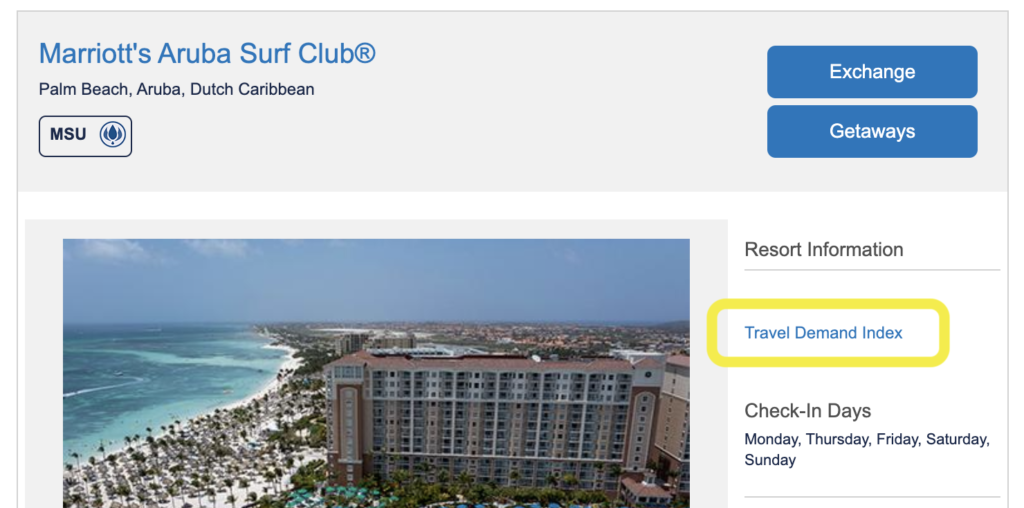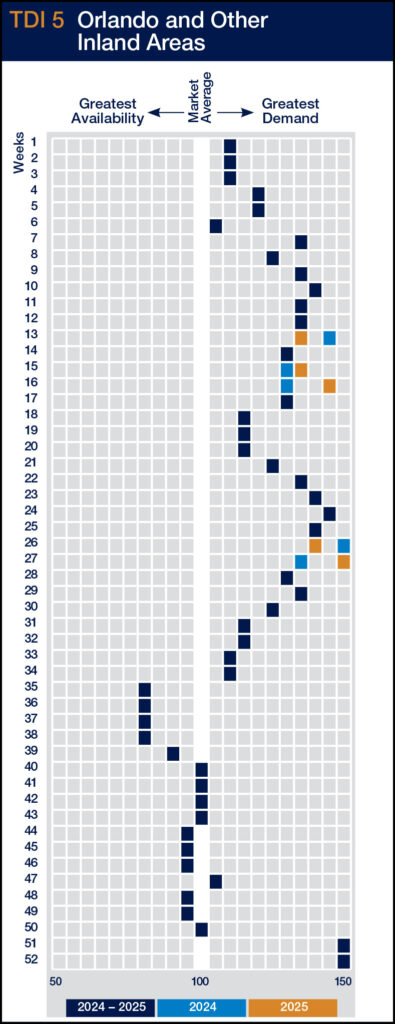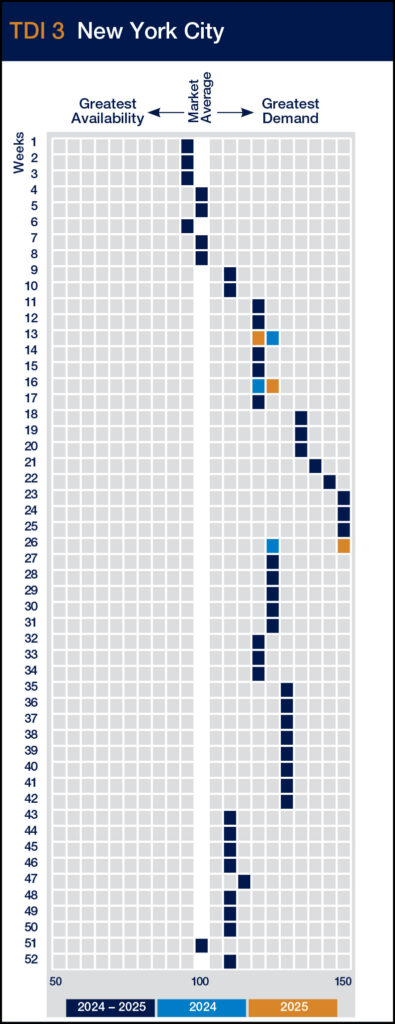Understanding how to maximize your timeshare exchange opportunities can significantly enhance your vacation planning. Interval International is a prominent player in the vacation exchange industry, offering members the flexibility to trade their owned timeshares for stays at other properties worldwide.
A critical tool that Interval International members can utilize is the Travel Demand Index (TDI). This article will provide an in-depth look at what the TDI is, how it works, and how you can use it to plan your vacations more effectively.
What is the Travel Demand Index (TDI)?
The Travel Demand Index (TDI) is a metric used by Interval International to indicate the demand for vacation accommodations at various destinations throughout the year. The primary purpose of the TDI is to help members understand when demand is high or low for specific locations, enabling them to make more informed decisions about their exchange choices.
By considering the TDI, members can better navigate their vacation planning and increase their chances of securing desirable exchanges.
Components of the TDI
Several key factors influence the TDI:
These components collectively determine the TDI for each destination and time period.
How the TDI is Calculated
The calculation of the TDI involves a comprehensive analysis of several data points. Interval International collects data on historical booking patterns, seasonal variations, and member preferences. Advanced algorithms process this data to generate a numerical index that reflects the relative demand for a particular destination and time.
For instance, a location with consistently high bookings during summer months will likely have a higher TDI during that period compared to off-peak seasons. Conversely, destinations with lower demand during certain months will have a lower TDI, indicating increased availability.
Using the TDI to Plan Your Vacation
Members can effectively use the TDI to optimize their vacation planning. Here’s a step-by-step guide:
 Review the TDI: Start by reviewing the TDI for your desired region. This information is available through Interval International’s website. Each individual resort will have a link to its region’s TDI chart.
Review the TDI: Start by reviewing the TDI for your desired region. This information is available through Interval International’s website. Each individual resort will have a link to its region’s TDI chart.- Select Dates: If possible, choose travel dates during periods with lower TDI scores to increase your chances of securing an exchange. When depositing a reservation, select dates that are among the highest TDI to ensure a high trading power.
- Leverage TDI Insights: Use insights from the TDI to explore destinations and times of the year that have lower travel demand (better availability) during your preferred travel dates, and have a high travel demand (high trading power) when booking a week to deposit.
Example Case Study


As you can see in the charts above, the numbers of each week in the year are listed from the top down, and the Travel Demand Index is listed from left to right. Keep in mind, there are different charts for each region, and the Travel Demand Index number can be different from year to year.
For the Orlando Region, in the example charts above, weeks 26, 27, 51, and 52 all have a travel demand index of 150, which represents the highest travel demand possible. This means if you are depositing a week with II, booking these high demand week numbers, then depositing that week, would ensure that you are depositing the most valuable weeks possible.
For the New York Region, in the example charts above, weeks 23 through 26 have the highest travel demand possible, which is a travel demand index of 150. This means that if you want to exchange into a resort in the New York region, in order to secure a trade for these date ranges, you will most likely need to deposit a very desirable week.
Benefits of Understanding the TDI
Being knowledgeable about the TDI offers several advantages:
Common Misconceptions About Travel Demand Index
There are some common misconceptions regarding the TDI:
- A high TDI means no reservation availability.
- While a high TDI indicates high demand, it does not necessarily mean no availability. Planning ahead can still yield successful exchanges.
- Travel Demand Index is static and does not change from year to year.
- TDI is dynamic and can change based on real-time data and trends, making it essential to check regularly.
Use Travel Demand Index to Your Advantage
The Travel Demand Index is a valuable tool for Interval International members looking to optimize their exchange opportunities. By understanding and leveraging the TDI, members can make more informed decisions, improve their flexibility, and ultimately enjoy more satisfying vacation experiences. As travel demand continues to evolve through time, staying informed about the TDI of the specific regions you wish to travel to will be an important aspect of effective vacation planning.
Contact Us Today
Whether you are looking into buying a timeshare on the secondary market, or selling your ownership, feel free to fill in a contact form today. Our team of licensed agents have years of experience specializing in all the name-brand timeshare developers, and will offer a free consultation to answer any questions you may have about the process.





